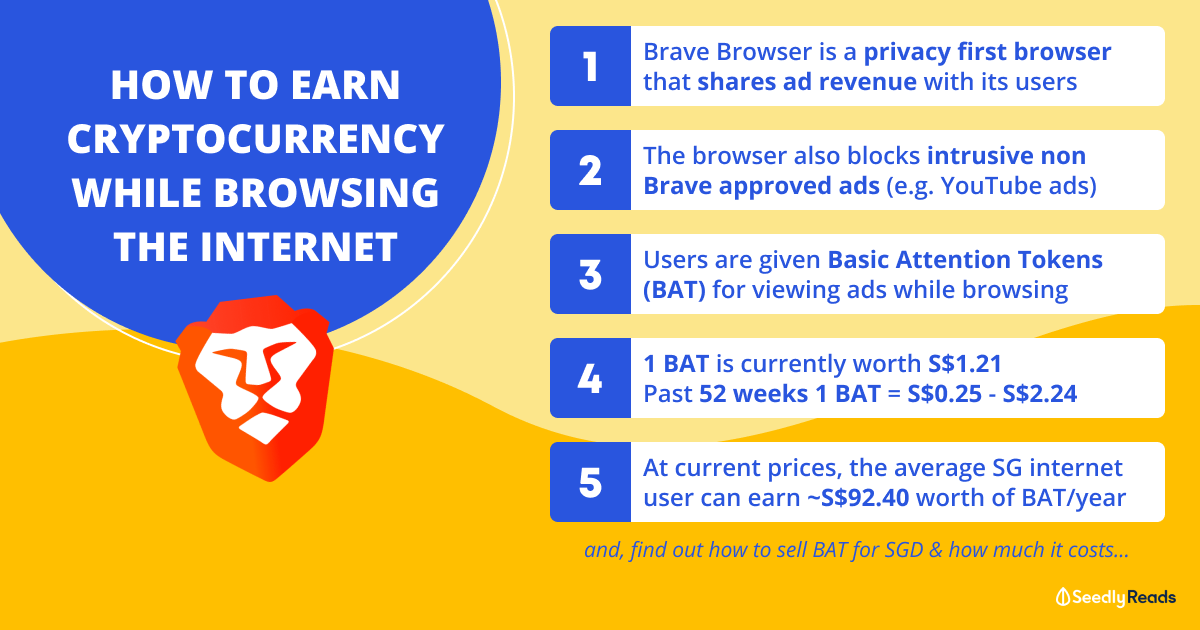Since you know which ETFs you already want, you can try any one of the low cost brokers.
TD Ameritrade is likely the best with zero comms. That being said TD Ameritrade is notorious for their slow account approval (I've been waiting for 3 months LOL).
Tiger Brokers is a good second choice with comms at 0.08% min USD 1.99. Good thing is crazy fast approval but the downside (if you consider it as one), is that it is relatively new. That being said, it is regulated by MAS, runs on Interactive Brokers' software and it's backed by Huawei.
A third option is FSMOne. While their actual comms are not that cheap (0.08% min USD 8.80), their RSP program allows for min USD 1 comms. Note that you'd have to check if the ETFs that you're looking for are available under their RSP as not all ETFs are available.
A last option you might wish to consider is Interactive Brokers. The comms are low at USD 1 per trade. But the downside is that they charge an inactivity fee (USD 10/month, USD 3 if you're 25 and under). The commissions you incur will be offset from the inactivity charge though (i.e. if you spend USD 4 in comms, your inactivity fee will be USD 10 - USD 4 = USD 6. And if you're 25 or under, the inactivity fee is waived since you've incurred more than USD 3 in comms).
For more information you can check out this article I wrote here comparing brokers!
Regarding whether lump sum or DCA is better, generally, yes Lump sum does perform better over long periods as compared to DCA. Ultimately, I do feel that the strategy you pick should simply be the one you can stick to. Lump sum may perform better but if DCA helps you sleep better at night, then why not? DCA generally helps people get into the markets more easily and eases the fear of buying at the peak. Personally, I still DCA even though I know that lump sum often performs better.










Since you know which ETFs you already want, you can try any one of the low cost brokers.
TD Ameritrade is likely the best with zero comms. That being said TD Ameritrade is notorious for their slow account approval (I've been waiting for 3 months LOL).
Tiger Brokers is a good second choice with comms at 0.08% min USD 1.99. Good thing is crazy fast approval but the downside (if you consider it as one), is that it is relatively new. That being said, it is regulated by MAS, runs on Interactive Brokers' software and it's backed by Huawei.
A third option is FSMOne. While their actual comms are not that cheap (0.08% min USD 8.80), their RSP program allows for min USD 1 comms. Note that you'd have to check if the ETFs that you're looking for are available under their RSP as not all ETFs are available.
A last option you might wish to consider is Interactive Brokers. The comms are low at USD 1 per trade. But the downside is that they charge an inactivity fee (USD 10/month, USD 3 if you're 25 and under). The commissions you incur will be offset from the inactivity charge though (i.e. if you spend USD 4 in comms, your inactivity fee will be USD 10 - USD 4 = USD 6. And if you're 25 or under, the inactivity fee is waived since you've incurred more than USD 3 in comms).
For more information you can check out this article I wrote here comparing brokers!
Regarding whether lump sum or DCA is better, generally, yes Lump sum does perform better over long periods as compared to DCA. Ultimately, I do feel that the strategy you pick should simply be the one you can stick to. Lump sum may perform better but if DCA helps you sleep better at night, then why not? DCA generally helps people get into the markets more easily and eases the fear of buying at the peak. Personally, I still DCA even though I know that lump sum often performs better.